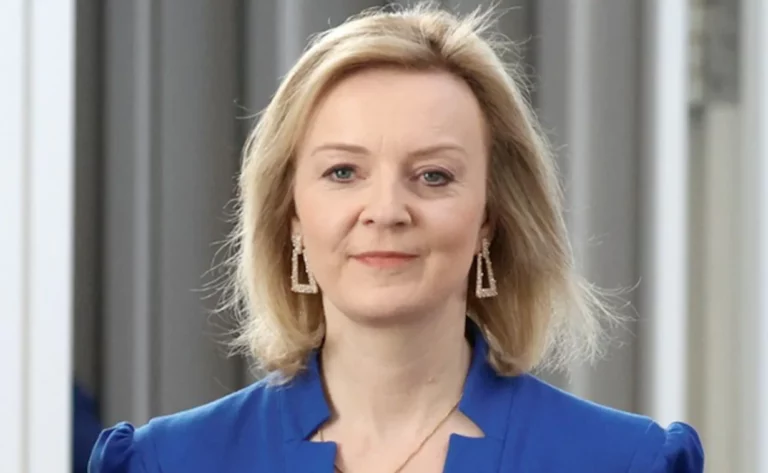Liz Truss, British Prime Minister, yesterday announced she was resigning as Prime Minister barely 45 days after assuming office, making her the shortest serving PM in UK history.
In a statement yesterday, Truss said: “I came into office at a time of great economic and international instability. Families and businesses were worried about how to pay their bills.
”Putin’s illegal war in Ukraine threatens the security of our whole continent. And our country has been held back for too long by low economic growth.
In his reaction, opposition Labour leader, Sir Keir Starmer, who called for an immediate general election, said: ”The Conservative Party has shown it no longer has a mandate to govern.
Meanwhile, a new British prime minister should be in place by Friday October 28, according to the Conservative party official responsible for the process.
Graham Brady, leader of the so-called 1922 Committee, which represents rank-and-file Conservative Members of Parliament, said. Speaking outside the House of Commons, Brady said further details of the process would be announced later today.
A revolt among members of Liz Truss’ Conservative Party sealed her fate as the shortest-serving prime minister in Britain’s history.
But the failure of her leadership was really written by financial markets. Investors immediately protested her disastrous “growth plan” when it was revealed in September.
UK government bond prices rose at their fastest rate on record, sending borrowing costs surging, upending the country’s mortgage market and forcing the Bank of England to make three successive interventions to rescue overstretched pension funds.
The pound at one point hit an all-time low against the US dollar, falling to almost $1.03. At a time when traders were already feeling anxious about the potential for a global recession, plans to dramatically slash taxes while ramping up borrowing fed concerns about the sustainability of the United Kingdom’s finances.
At one point, UK medium-term borrowing costs leaped above those of Greece and Italy, two countries that are notoriously seen as riskier bets for investors because of their high levels of debt.
Jeremy Hunt, who replaced Kwasi Kwarteng as the country’s finance minister last Friday, soothed markets when he announced Monday that he would reverse almost all the tax cuts from the so-called “mini-budget.”
But the dismantling of Truss’ flagship economic package to placate investors spelled the end of her premiership.
Markets usually hate uncertainty. But on Thursday, they shrugged. UK bonds held their ground. The pound ticked up 0.4% to $1.125.





